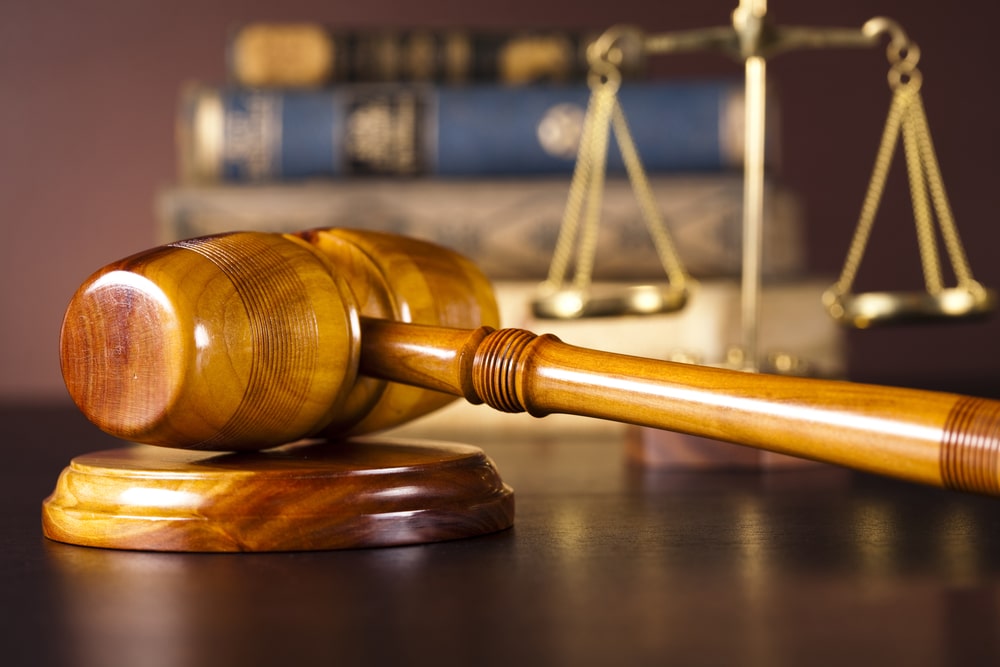How Chapter 13 Bankruptcy Affects Your Credit Over Time

Filing for Chapter 13 bankruptcy is a step many people take when they need structured relief from overwhelming debt. While it can provide a path to regain financial control, it also has a noticeable impact on your credit. That impact is not permanent, and how it affects you over time depends on a number of factors. Knowing what to expect helps you plan realistically for the future.
Initial Drop In Credit Score
When you file for Chapter 13 bankruptcy, your credit score will usually drop. This decline can vary depending on your starting score and what your credit history looked like before filing. If you were already missing payments or had accounts in collections, the hit might not be as severe as expected. In many cases, filing marks the start of a gradual rebuilding process.
Length Of Time It Stays On Your Report
A Chapter 13 bankruptcy remains on your credit report for seven years from the date of filing. This is shorter than Chapter 7, which stays on your report for ten years. During this time, lenders who check your report will be able to see the bankruptcy filing, which may influence their lending decisions. However, its impact lessens over time as you build a positive payment history.
Effect During The Repayment Plan
While you’re making payments under your court-approved repayment plan, your credit profile may start to show improvement. Consistent, on-time payments made through the plan can reflect positively over time. Although the bankruptcy is still visible on your report, your ongoing responsibility with debt repayment can show that you’re moving in the right direction.
Access To Credit After Filing
In the early stages following your filing, access to new credit may be limited. If you do qualify for credit, it might come with higher interest rates or stricter terms. Over time, however, as you make steady payments and avoid new negative marks, you may begin to qualify for better financial products. Some individuals start with secured credit cards to re-establish credit and gradually work their way up.
Impact After Discharge
Once your Chapter 13 plan is complete and your case is discharged, you’re no longer responsible for the remaining eligible debts. This discharge can be a turning point in your credit journey. While the bankruptcy will still be visible on your report for several more years, your debt-to-income ratio may significantly improve. This can play an important role in future lending decisions, especially if paired with a clean payment history post-discharge.
Monitoring Your Credit
Keeping an eye on your credit report throughout and after your repayment period is a good habit. Regularly reviewing your report allows you to spot errors, confirm discharged debts are marked correctly, and track your progress. You’re entitled to one free credit report each year from the major credit reporting agencies, and there are other tools that offer ongoing access.
Taking Steps To Rebuild
After discharge, your focus should shift to rebuilding. Paying all bills on time, keeping balances low, and using credit carefully are key habits that contribute to steady improvement. Over time, lenders will put more weight on your recent activity than the bankruptcy itself. Buying a home or car again may take a few years, but it’s possible with patience and planning.
Where Legal Guidance Fits In
Filing for bankruptcy and repairing credit are connected steps in a larger process. Attorneys like those at Madden Law LLC can attest that with the right support and a steady approach, many clients make a full financial recovery. An experienced chapter 13 bankruptcy lawyer can help clarify what to expect and how to stay on track.
Looking Ahead
Chapter 13 bankruptcy will affect your credit, especially in the short term. But it’s not the end of your financial story. By staying committed to rebuilding and making smart choices, you can steadily improve your credit over time and regain financial stability. The key is consistency, planning, and informed decision-making every step of the way.







